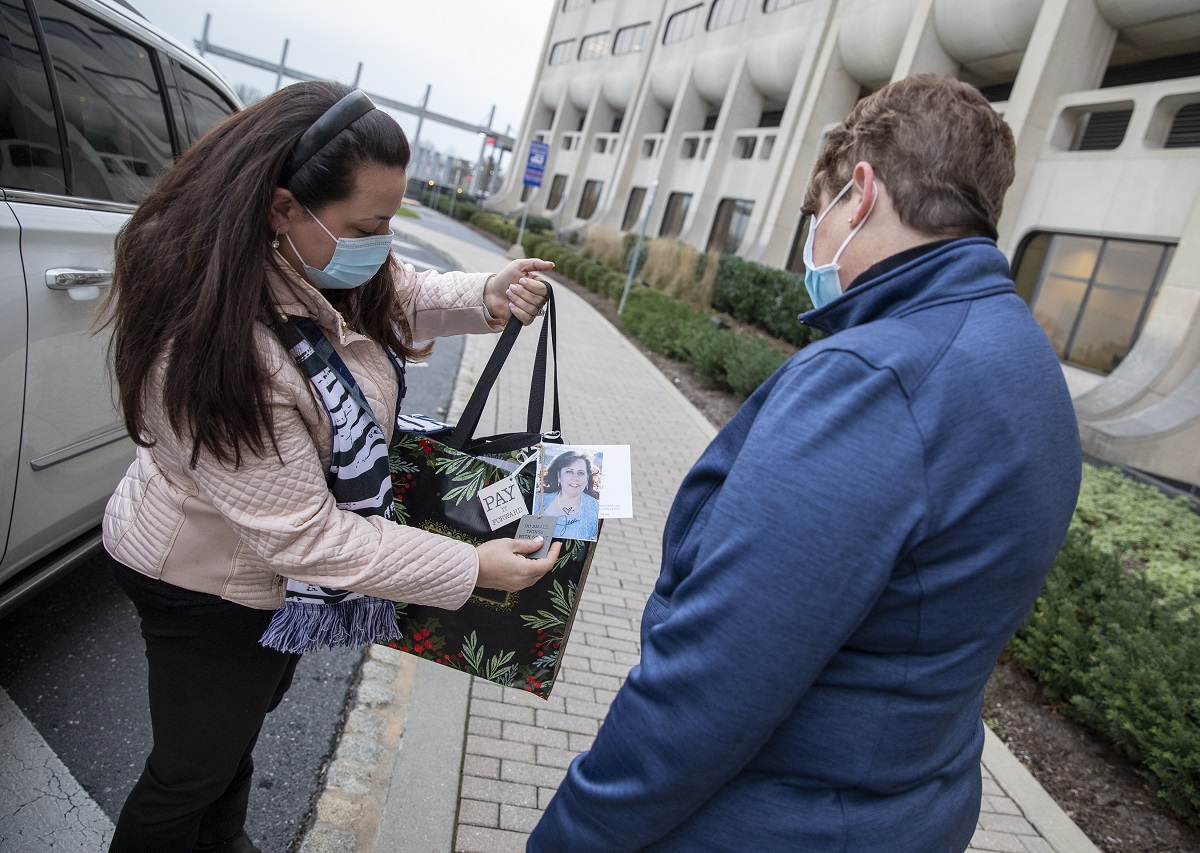
With periods, pregnancies and pap smears in the rearview mirror, menopausal women may stop tending to health below their waist. Worse yet, they may accept that pain is their new companion during exercise, sex and everyday life.
September 22, 2021
“This is a forgotten population, and these women often think vaginal discomfort is common as they age and something they just have to deal with,” said Dr. Sarah Boyd, a urogynecologist at Penn State Health Milton S. Hershey Medical Center. “The most important thing we can do is provide education – you do not have to live with this.”
After menopause, women’s estrogen levels decrease, which can cause vaginal atrophy – thinning of the vaginal walls. Hallmark symptoms are vaginal pain, dryness, sexual dysfunction and bleeding.
Women who have had pelvic radiation and chemotherapy may experience these symptoms much earlier in life, Boyd said.
“More than 60% of women experience these symptoms, and they just increase the older women get,” she said. “Many women are embarrassed to discuss this with their primary care doctor, and they don’t want to bring it up to their partner either.”
Boyd urges women to put embarrassment aside to seek treatment that can greatly improve their quality of life.
Here are a few things women can try:
- Hormonal creams that can contain estrogen, which helps rebuild vaginal tissue to offer symptom relief.
- Estrogen or estrogen/progestin pills taken daily.
- A soft, flexible vaginal ring provides a low, continuous dose of estrogen and can be worn for three months continuously.
- Vaginal estrogen tablets can be inserted into the vagina to relieve dryness and irritation.
- A patch that contains estrogen alone or a combination of estrogen and progestin may be applied to the lower abdomen and remain for seven days.
- A vaginal dehydroepiandrosterone insert may improve the condition of vaginal tissue.
- Over-the-counter, non-hormonal lubricants can help restore moisture and ease painful sex due to vaginal dryness.
Women should talk with their doctors about which option feels right for them and how to properly use the option they choose. Doctors can also talk with women about which product is safest for them – for instance, hormonal pills or patches may not be advisable for women who have had hormone-associated cancer or are at high risk for these cancers.
“For women with additional symptoms of menopause including hot flashes, low sex drive or mood changes, combination hormone therapy may be appropriate,” Boyd said. Those with localized genitourinary symptoms of menopause, such as dryness, burning with urination and pain with intercourse, may do best with vaginal formulations that work locally, she said.
“These products really do make a difference and are certainly an improvement compared to doing nothing at all,” Boyd said. “Most importantly, women should know that they have many options and that their general gynecologist or urogynecologist is there to help them navigate these changes to improve their quality of life.”
The Medical Minute is a weekly health news feature produced by Penn State Health. Articles feature the expertise of faculty, physicians and staff, and are designed to offer timely, relevant health information of interest to a broad audience.

